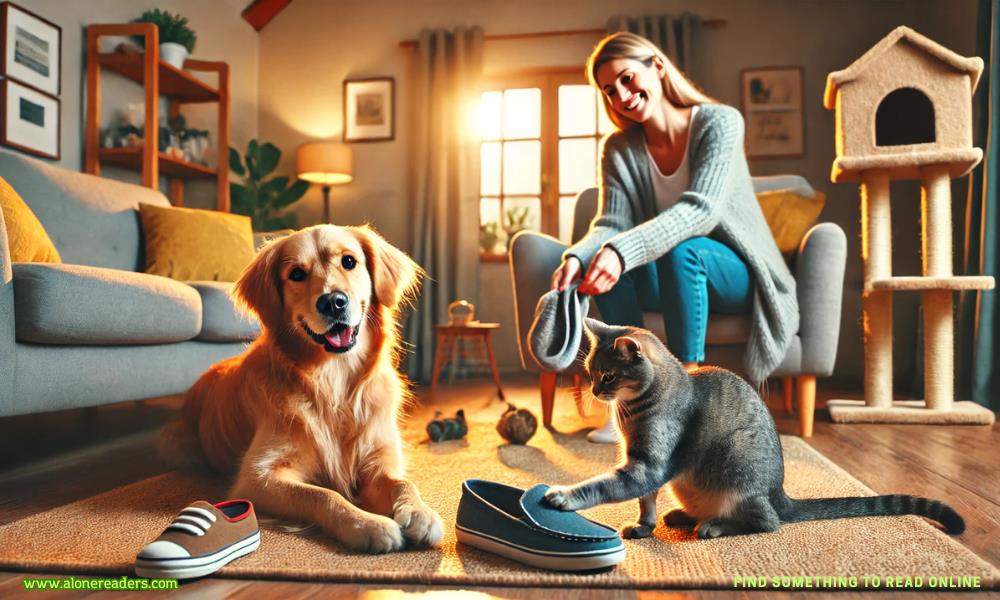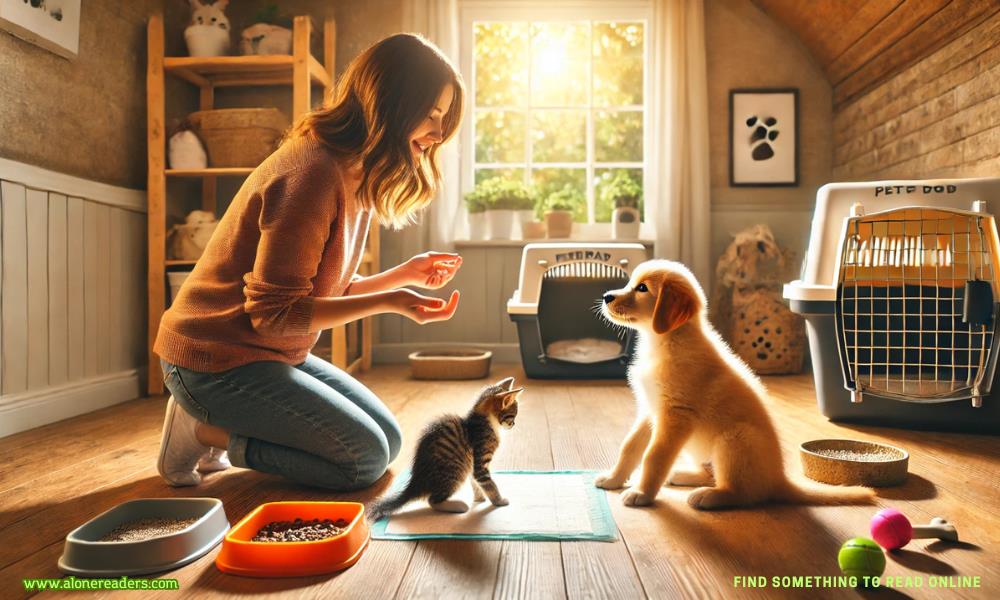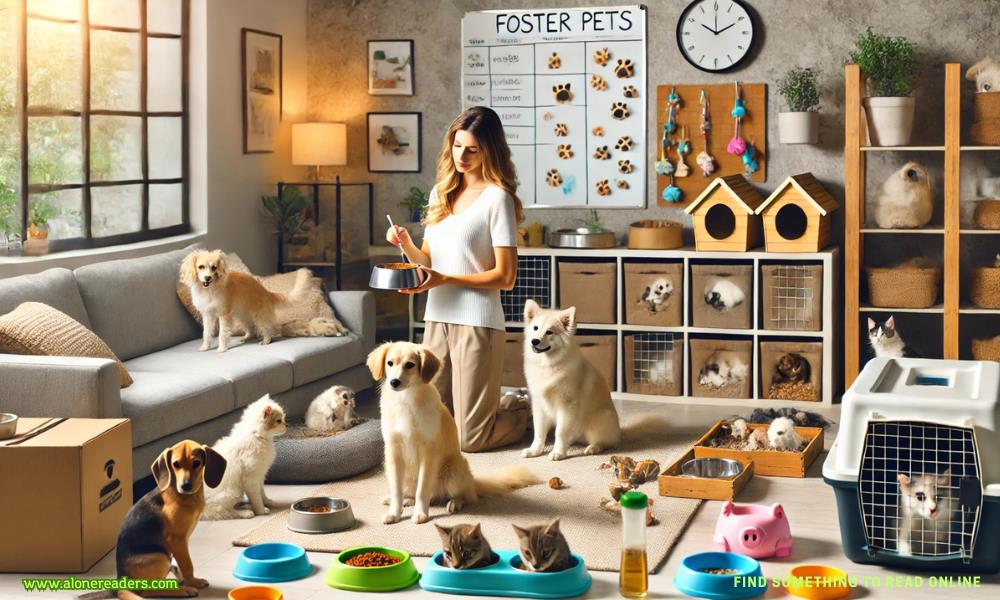Page 4 of The Black Wife Blessing
"Please, have a seat." Celia gestures to the chair across from them. "We're particularly interested in hearing how you'd handle such a high-profile gathering."
I settle into the chair and open my portfolio, laying out sample menus and photos of my previous events. My hands tremble slightly as I arrange everything, but I force them steady.
"For an event of this caliber, I believe in creating an experience, not just a meal." I pull out my proposed menu. "I've designed a progression of courses that tells a story through flavor..."
Olivia leans forward, studying the menu with sharp eyes. Celia nods along as I detail each course, but I can't read their expressions. The stakes feel enormous - this single presentation could change everything for me.
I launch into explaining my signature dish concepts, praying my voice projects the confidence I'm struggling to feel. This has to go well. I need this opportunity more than they could possibly know.
"My centerpiece dish draws from a childhood memory," I explain, pulling out a photograph of my deconstructed chicken and dumplings. "But reimagined through a fine-dining lens. The dumplings are made with duck confit and fresh herbs, served alongside a crystal-clear chicken consommé poured tableside."
Olivia picks up the photo, studying it with keen interest. "The plating is stunning. Tell me more about why you chose this."
"My grandmother taught me to cook, starting with simple comfort foods. She always said food should tell a story." I trace the edge of my portfolio. "Each element here represents part ofthat journey - from the traditional base to modern techniques. The sauce is infused with preserved lemon, adding brightness while honoring preservation methods she taught me."
Celia jots notes as I speak. "And how would you adapt this concept across a full tasting menu?"
"Each course builds on the last, creating a narrative arc." I flip to my timeline sketches. "We open with amuse-bouches that play with expectations - pimento cheese transformed into delicate spheres, country ham crafted into an airy mousse. The progression moves through reimagined Southern classics before culminating in dessert: a chocolate-bourbon pecan tart with smoked vanilla ice cream."
"Your passion really comes through," Olivia says, leaning back. "How do you see these dishes working for Leo's particular preferences? My husband can be quite picky."
"No kidding," Celia whispers.
"I've researched Mr. Blackwood's previous events. While he appreciates innovation, he values substance over pure spectacle. These dishes deliver both - grounded in tradition but elevated through technique."
The tension in my shoulders eases as they continue asking questions. Their genuine interest emboldens me to elaborate on flavor combinations, plating designs, even my ideas for interactive elements. When Celia inquires about wine pairings, I launch into detailed explanations of how each course complements specific vintages.
"The goal is creating moments of discovery," I say, growing more animated. "Every bite should reveal something new while feeling somehow familiar. Like coming home to a place you've never been."
"Let's go back to the food for just a second. What drives you to create these particular flavor combinations?" Olivia taps the menu delicately.
"Growing up, my grandmother's kitchen was my sanctuary." I trace the outline of the plated dish in my portfolio. "She taught me that cooking isn't just about following recipes - it's about understanding how ingredients speak to each other. Like this dish here," I point to my signature seafood course. "The brown butter sauce might seem simple, but the key is cooking it until it's exactly one shade away from burning. That's when the nutty notes emerge and transform the entire plate."
"And how do you maintain consistency with such precise timing?" Celia leans forward.
"I developed a system at my previous restaurant. Every sauce gets color-matched to a standardized photo. But more than that, it's about training your senses. The moment that butter hits the perfect point, it releases this specific aroma - like toasted hazelnuts and caramel. My grandmother used to say you have to listen to your food. I thought she was being metaphorical until I realized different ingredients actually make distinct sounds when they're ready."
"Tell us more about your workflow during service," Olivia says with a smile.
"I treat my kitchen like an orchestra. Everyone has their part, but timing is everything. Before each service, I gather my team for what I call 'taste memory.' We sample key components together, discussing the target flavors and textures. It builds a shared vocabulary." I pull out my notebook, showing them my system of prep lists and timeline charts. "These organizational methods I developed after a particularly chaotic night when I was sous chef a couple years ago. We had a full house, two servers called out sick, and the walk-in died."
"How did you handle that crisis?" Celia asks as her eyebrows furrow together.
"I reorganized the entire menu on the fly, transforming what could have been disasters into new dishes. The partially thawedduck became a tartare. The warming cream meant every table got fresh-churned butter as a starter. My grandmother always said crisis breeds creativity. She used to tell me about the time during a hurricane when she fed thirty people with just what she had in her pantry. That taught me to see challenges as opportunities for innovation."
Olivia and Celia exchange a glance that makes my heart skip. There's something in their expressions - a spark of interest, maybe even excitement - that I haven't seen in previous interviews.
"Your perspective on crisis management is refreshing," Olivia says, gathering her papers. "And your dedication to maintaining standards while innovating... it's exactly what we look for."
"We'll be in touch soon," Celia adds, her warm smile reaching her eyes. "You've given us a lot to consider."
I pack my portfolio with steady hands, though inside I'm trembling with possibility. This feels different from other interviews where I walked away knowing I hadn't quite measured up. The way they studied my dishes, asked follow-up questions, engaged with my concepts - it all points to genuine interest.
"Thank you both for your time." I stand, smoothing my chef's coat. "I look forward to hearing from you."
As I walk through Flavor Fusion's dining room, my steps feel lighter. For the first time in years, I sense a real chance at breaking free away from my past, away from Benjamin's horrifying influence. No more second-guessing every decision, no more working under chefs who treat me like I'm still that uncertain girl who let someone else dim her light.
Outside, the air fills my lungs with possibility. I pause on the sidewalk, tilting my face toward the sun. My grandmother always said opportunities come to those who prepare for them.I've done the work, pushed through the doubt, refined my skills. Maybe now, finally, it's my time to shine.
- Beneath the Burn by Pam Godwin
- Unhinged by Jane Henry
- Praise Me: Soldier by Jessa Kane
- Irresistible Temptation by Tory Baker
- The Brat and the Bodyguard by S.E. Law
- Seduced By the Mafia Don by Flora Ferrari
- However You Want Me by W. Winters
- Mountain Protector by Stella Banks
- Kissing My Brother's Best Friend by Lena Little
- Tempted By the Devil by Sienne Vega
- Husband for the Holidays by Dani Collins
- Arranged by Piper Stone
- Redemption by Tori Fox
- Inked Soul by Jade Marshall
- Speed by R.J. Scott
- Always You by R.J. Scott







